Home>Garden Essentials>How Long Can You Keep Flax Seeds
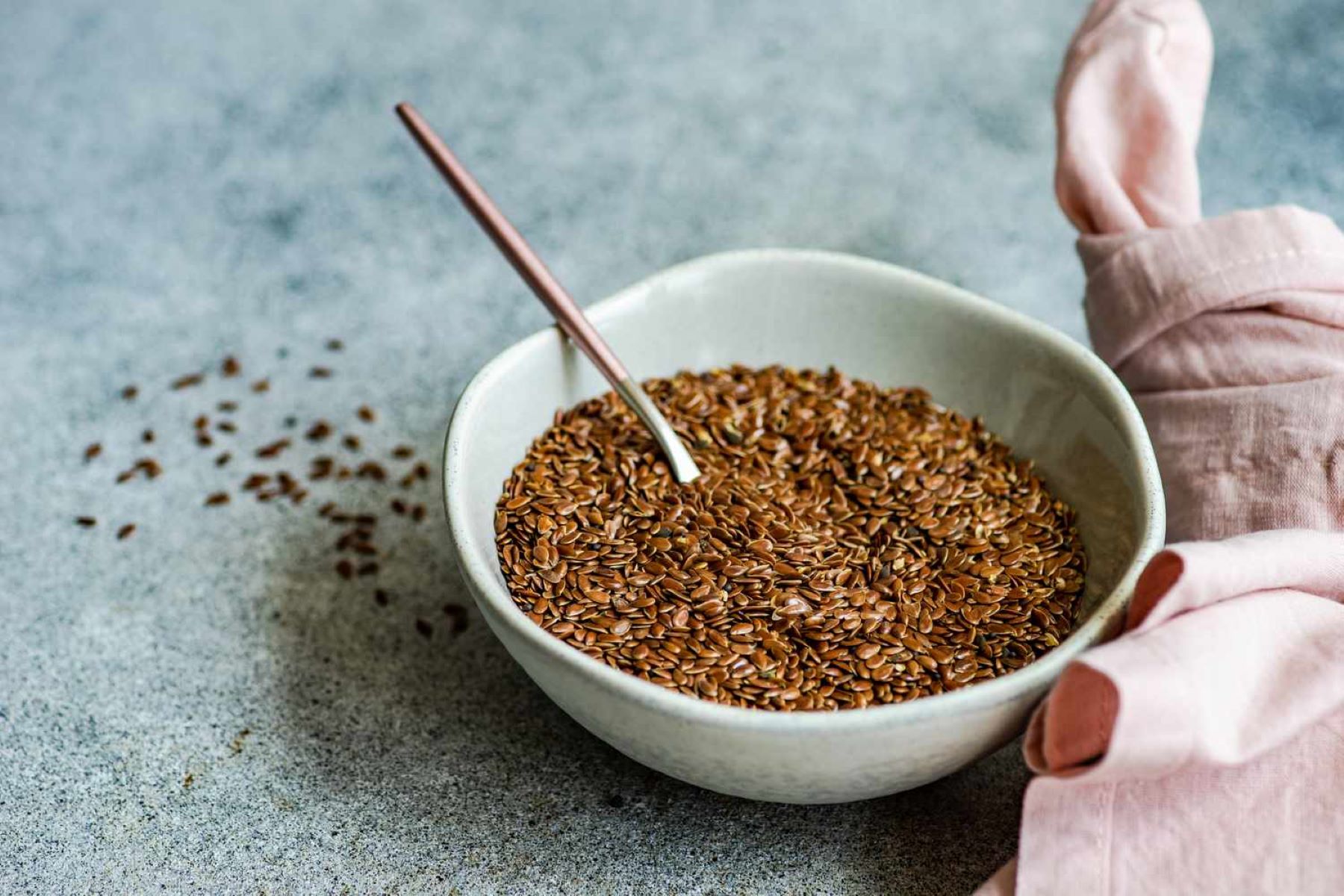

Garden Essentials
How Long Can You Keep Flax Seeds
Modified: March 16, 2024
Learn how long you can keep flax seeds in your garden and make the most of their freshness and nutritional benefits.
(Many of the links in this article redirect to a specific reviewed product. Your purchase of these products through affiliate links helps to generate commission for Storables.com, at no extra cost. Learn more)
Introduction
Welcome to the world of flax seeds, a tiny but mighty seed that packs a powerful nutritional punch. If you’re a health-conscious individual or just someone looking to add more nutritious ingredients to your diet, you may have come across flax seeds. Not only are they rich in essential nutrients, but they also offer a host of potential health benefits.
But how long can you keep flax seeds before they spoil? Like any food item, flax seeds have a limited shelf life. Understanding the factors that affect their freshness and knowing the proper storage methods can help you maximize their longevity.
In this article, we will delve into the topic of how long you can keep flax seeds and explore the factors that contribute to their shelf life. We will also provide tips on how to properly store flax seeds and how to identify if they have gone bad.
So, let’s jump right in and discover the secrets of preserving these nutritional powerhouses!
Key Takeaways:
- Store flax seeds in airtight containers in a cool, dark place to keep them fresh. Ground flax seeds have a shorter shelf life, so grind them just before use for maximum flavor and nutrition.
- Look out for signs of spoiled flax seeds like foul odor, off-taste, or discoloration. If you notice these, it’s best to discard them to avoid digestive issues and compromised health.
Read more: How Long Can You Keep Pomegranate Seeds
Shelf Life of Flax Seeds
The shelf life of flax seeds can vary depending on a few key factors. On average, when stored properly, flax seeds can last anywhere from 12 to 18 months. However, it’s important to note that this is just an estimate and the actual shelf life can be influenced by various factors.
One of the crucial factors that determine the shelf life of flax seeds is their exposure to oxygen. Flax seeds contain essential fatty acids, such as alpha-linolenic acid (ALA), which can oxidize when exposed to air. This oxidation process can lead to rancidity and a deterioration in the quality of the seeds.
The presence of heat can also reduce the shelf life of flax seeds. Heat can accelerate the oxidation process and cause the seeds to spoil more quickly. Thus, it is essential to store flax seeds in a cool and dry environment to prolong their freshness.
Another consideration is the condition of the flax seeds at the time of purchase. If you buy pre-packaged flax seeds, check the expiration date to ensure that the seeds are still within their optimal freshness period. If you buy flax seeds in bulk, make sure they are from a reputable source that has proper storage conditions.
It’s worth noting that ground flax seeds have a shorter shelf life than whole flax seeds. Once flax seeds are ground, their protective shell is removed, making them more susceptible to oxidation. Ground flax seeds are best consumed within a few weeks to maintain their freshness and nutritional value.
Now that you understand the approximate shelf life of flax seeds, let’s dive deeper into the factors that can affect their freshness and overall quality.
Factors Affecting Shelf Life
Several factors can impact the shelf life of flax seeds. It’s crucial to be aware of these factors to ensure that you can maximize the freshness and nutritional value of your flax seeds.
1. Exposure to Air: Flax seeds contain healthy fats, which can oxidize when exposed to air. This oxidation process can lead to rancidity and a decline in the quality of the seeds. To minimize air exposure, it’s recommended to store flax seeds in airtight containers or bags.
2. Temperature: Heat can accelerate the oxidation process in flax seeds, causing them to spoil more quickly. It’s essential to store flax seeds in a cool and dry place, away from direct sunlight and sources of heat like the stove or oven.
3. Moisture: Moisture can lead to the growth of mold and bacteria, which can cause flax seeds to spoil. It’s important to store flax seeds in a dry environment and ensure that they are completely dry before storing them.
4. Light: Exposure to light, especially sunlight, can also affect the shelf life of flax seeds. Light can accelerate the oxidation process, causing the seeds to go rancid more quickly. It’s best to store flax seeds in opaque containers or keep them in a dark pantry.
5. Quality at Purchase: The condition of the flax seeds when you first purchase them can impact their shelf life. If you buy pre-packaged flax seeds, check the expiration date and choose a reputable brand that has proper storage conditions. If you buy flax seeds in bulk, ensure they are from a trusted source that maintains freshness.
6. Ground vs. Whole: Ground flax seeds have a shorter shelf life compared to whole flax seeds. When flax seeds are ground, their protective outer shell is removed, making them more susceptible to oxidation. Store ground flax seeds in the refrigerator to extend their freshness.
By understanding and effectively managing these factors, you can ensure that your flax seeds remain fresh and maintain their nutritional value for as long as possible. Proper storage is key in prolonging the shelf life of flax seeds.
Proper Storage of Flax Seeds
To maintain the freshness and quality of flax seeds, proper storage is essential. Follow these guidelines to ensure that your flax seeds stay fresh for as long as possible:
1. Choose the Right Container: Opt for an airtight container or a resealable bag that will prevent air from reaching the flax seeds. Glass jars or containers with tight-fitting lids are ideal for storing flax seeds.
2. Store in a Cool Place: Flax seeds should be stored in a cool and dry location. Avoid storing them near sources of heat, such as the stove or oven, as the heat can accelerate the oxidation process and reduce the shelf life of the seeds.
3. Keep Away from Light: Out of the three enemies of flax seeds – air, heat, and light – light can also contribute to the oxidation process. Store flax seeds in a dark pantry or cupboard to protect them from exposure to light.
4. Refrigeration is Optional: While not necessary, refrigerating flax seeds can help to extend their shelf life, especially if you live in a warm and humid climate. If you choose to refrigerate them, place the flax seeds in an airtight container or sealable bag. Keep in mind that refrigerated flax seeds may develop condensation when taken out to room temperature, so ensure they are completely dry before storing them again.
5. Grind Just Before Use: If you prefer to consume ground flax seeds, it’s best to grind them just before you plan to use them. Ground flax seeds have a shorter shelf life compared to whole flax seeds due to the increased surface area exposed to air. Grinding them fresh ensures maximum flavor and nutritional benefits.
6. Consider Freezing: If you buy flax seeds in bulk and don’t plan to use them all within a few months, consider freezing them to extend their shelf life. Seal the flax seeds in an airtight freezer bag or container and store them in the freezer for up to one year. Thaw them at room temperature before using.
By following these storage guidelines, you can maintain the freshness and nutritional value of your flax seeds, ensuring that they stay delicious and beneficial for as long as possible.
Store flax seeds in an airtight container in the refrigerator for up to 6 months, or in the freezer for up to a year to maintain freshness and prevent spoilage.
Signs of Spoiled Flax Seeds
Flax seeds, like any other food item, can go bad over time. It’s important to be able to identify the signs of spoiled flax seeds to avoid consuming rancid or deteriorated seeds. Here are some common indicators that your flax seeds may have gone bad:
1. Foul Odor: Fresh flax seeds have a mild, nutty aroma. If you notice a strong, unpleasant odor when you open the container or bag of flax seeds, it may be a sign that they have spoiled. Rancid flax seeds can emit a sour or musty smell.
2. Off-Taste: Flax seeds are known for their slightly nutty and earthy flavor. However, if you detect a bitter or unpleasant taste when you chew on the seeds, it could indicate that they have gone bad. Rancid flax seeds may have a sharp or off-putting taste.
3. Discoloration: Fresh flax seeds are typically small, brown or golden seeds. If you notice any discoloration, such as dark spots, mold, or a greenish hue, it is a clear sign that the seeds are no longer safe for consumption. Discoloration indicates the growth of mold or the presence of moisture.
4. Texture Changes: Flax seeds should have a dry and crunchy texture. If you find that the seeds have become soft, mushy, or sticky, it’s an indication that they have absorbed moisture and started to spoil. The texture change could be due to improper storage or the presence of mold.
5. Increased Rancidity: If you consume flax seeds and experience digestive discomfort, such as stomach upset, nausea, or diarrhea, it could be a result of eating rancid seeds. Consuming rancid fats can have negative effects on your health and digestion.
6. Expiration Date: If you bought pre-packaged flax seeds, always check the expiration date. Expired flax seeds may have lost their freshness and nutritional value, making them less desirable to consume.
If you encounter any of these signs, it’s best to err on the side of caution and discard the flax seeds. Consuming spoiled flax seeds can lead to digestive issues, and the rancid fats can be detrimental to your health.
By being aware of these signs, you can ensure that you only consume fresh, high-quality flax seeds and reap the nutritional benefits they have to offer.
Read more: How Long Can You Keep Chia Seeds
Extending the Shelf Life of Flax Seeds
While flax seeds have a limited shelf life, there are some steps you can take to extend their freshness and preserve their nutritional value. By implementing these practices, you can make the most out of your flax seeds and enjoy their benefits for a longer period of time:
1. Buy in Smaller Quantities: Consider purchasing flax seeds in smaller quantities to ensure that you are using them within their optimal freshness period. This way, you can avoid having a large stockpile of flax seeds that may go bad before you have the chance to consume them.
2. Store in the Freezer: If you know you won’t be using your flax seeds within a few months, storing them in the freezer can help extend their shelf life. Place the seeds in an airtight container or freezer bag, removing as much air as possible. Frozen flax seeds can remain fresh for up to one year.
3. Grind Only What You Need: If you prefer consuming ground flax seeds, it’s best to grind them in small batches as you need them. Whole flax seeds retain their freshness for longer compared to ground seeds. Grinding just before consumption ensures maximum flavor and nutritional benefits.
4. Monitor for Rancidity: Regularly check your flax seeds for signs of rancidity, such as a foul odor, off-taste, or discoloration. By promptly discarding any spoiled seeds, you can prevent them from affecting the freshness of the remaining batch.
5. Use Dark and Airtight Containers: When storing flax seeds, opt for opaque containers that can block out light and prevent oxidation. Additionally, use airtight containers or resealable bags to minimize air exposure and maintain the freshness of the seeds.
6. Keep Them Cool and Dry: Flax seeds should be stored in a cool and dry environment away from heat sources. Avoid exposing them to sunlight or moisture, as these can speed up the spoiling process. A cool and dry pantry or cupboard is an ideal storage location.
7. Consider Vacuum-Sealed Packaging: If you have access to a vacuum-sealer, consider vacuum-sealing your flax seeds for long-term storage. This method can significantly extend their shelf life by minimizing air and moisture exposure.
By implementing these strategies, you can prolong the shelf life of your flax seeds and ensure that they remain fresh and nutritious for an extended period. This allows you to enjoy the many health benefits that flax seeds have to offer!
Conclusion
Flax seeds are a wonderful addition to a healthy diet, offering a range of nutritional benefits. However, it’s important to understand that flax seeds have a limited shelf life and can go bad over time. By properly storing your flax seeds and being aware of the signs of spoilage, you can extend their freshness and enjoy their nutritional value for longer.
Key factors that affect the shelf life of flax seeds include exposure to air, heat, and moisture. To optimize the freshness of your flax seeds, store them in airtight containers in a cool, dry, and dark place. Ground flax seeds have a shorter shelf life compared to whole flax seeds, so it’s best to grind them just before use.
Signs of spoiled flax seeds include a foul odor, off-taste, discoloration, texture changes, and increased rancidity. If you notice any of these signs, it’s best to discard the flax seeds as consuming spoiled seeds can lead to digestive issues and compromised health.
To extend the shelf life of flax seeds, consider buying them in smaller quantities, storing them in the freezer if not used within a few months, grinding them in small batches, and using dark and airtight containers. Regularly monitoring the quality of the seeds and promptly discarding any spoiled ones can also help preserve the freshness of the batch.
By implementing these practices, you can maximize the longevity of your flax seeds and ensure that they maintain their nutritional value until you’re ready to incorporate them into your meals and snacks.
So, go ahead and enjoy the benefits of flax seeds by storing them properly and savoring their nutty flavor and numerous health benefits!
Frequently Asked Questions about How Long Can You Keep Flax Seeds
Was this page helpful?
At Storables.com, we guarantee accurate and reliable information. Our content, validated by Expert Board Contributors, is crafted following stringent Editorial Policies. We're committed to providing you with well-researched, expert-backed insights for all your informational needs.

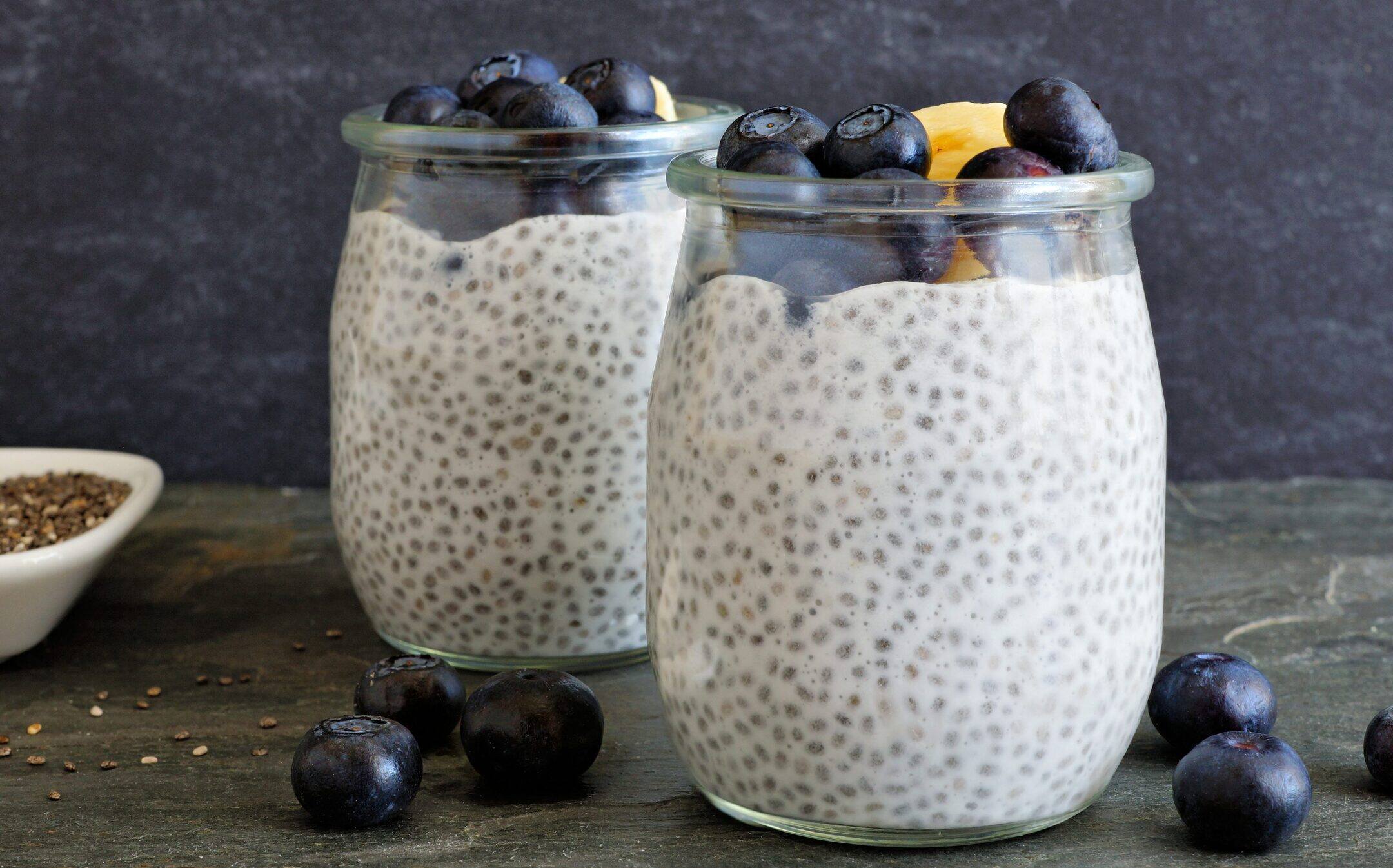
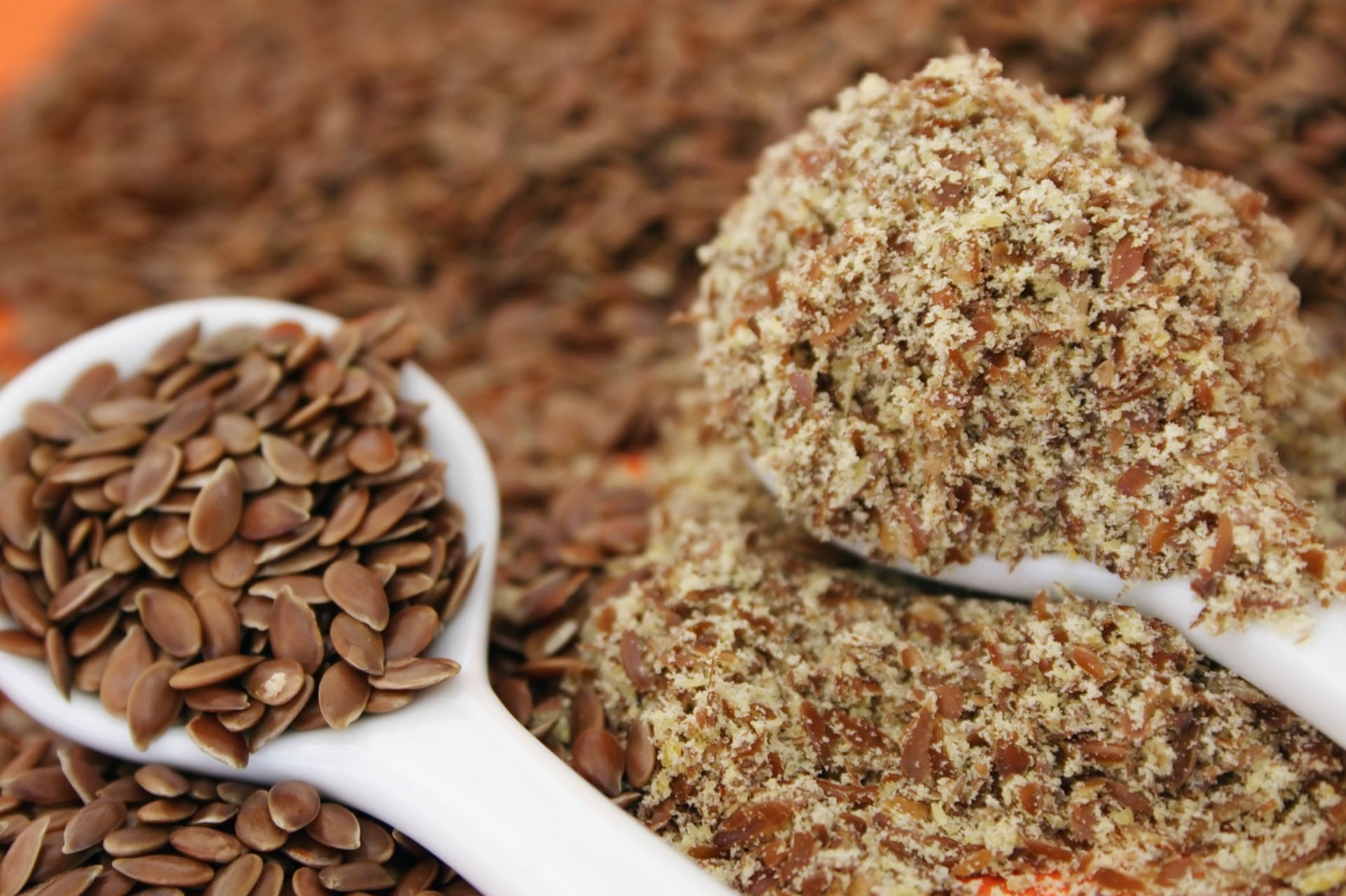
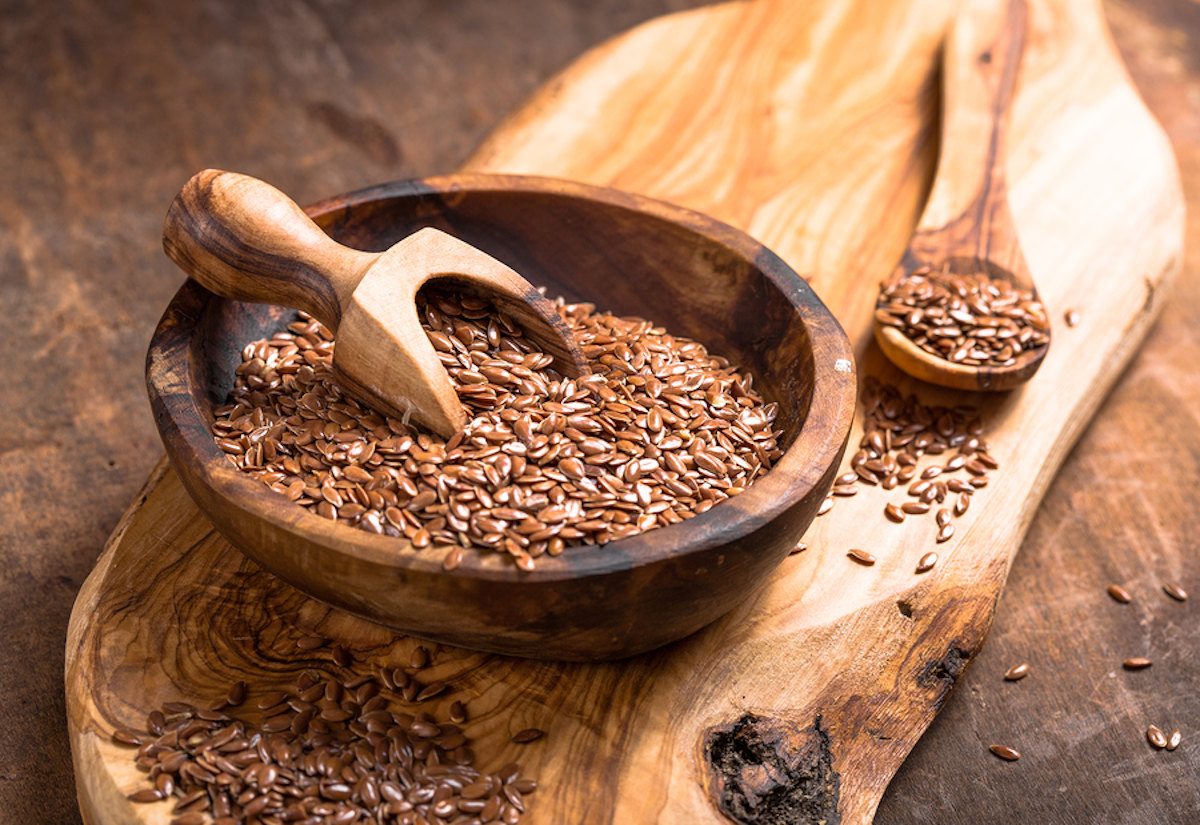
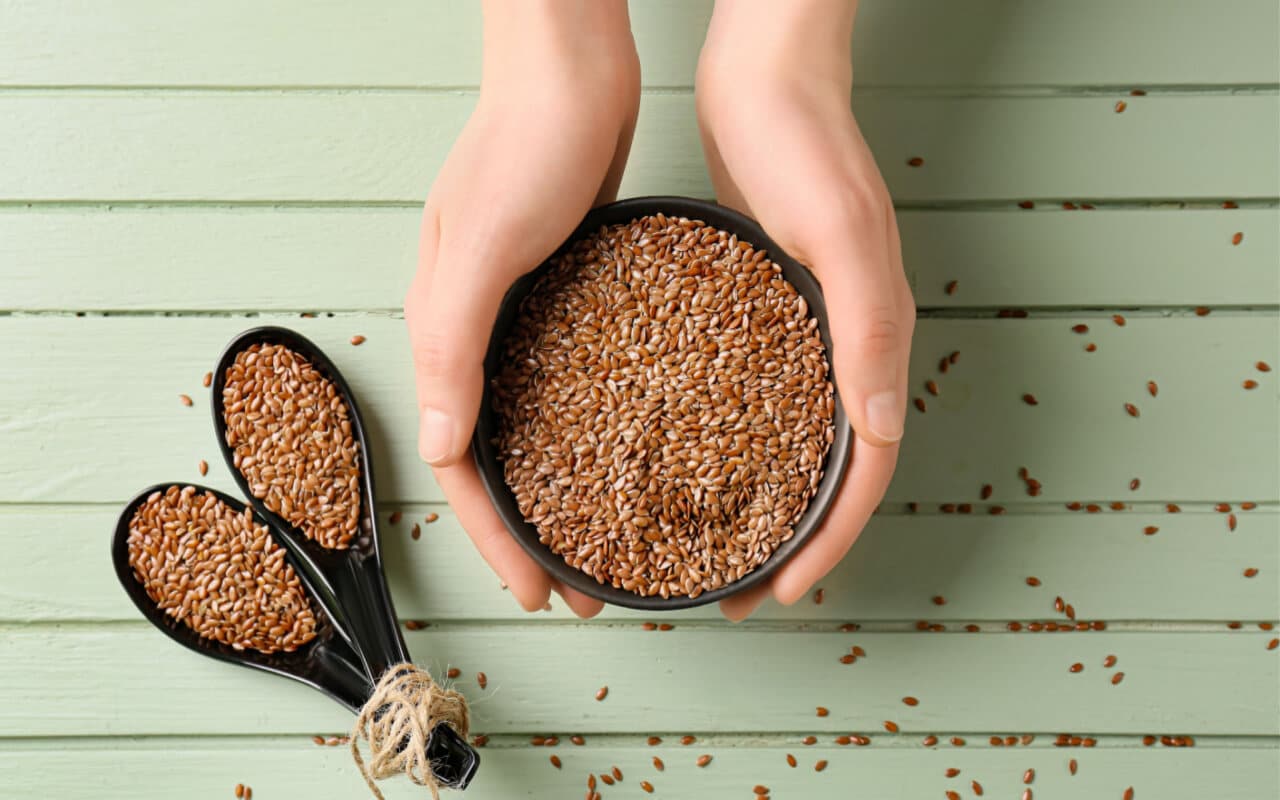
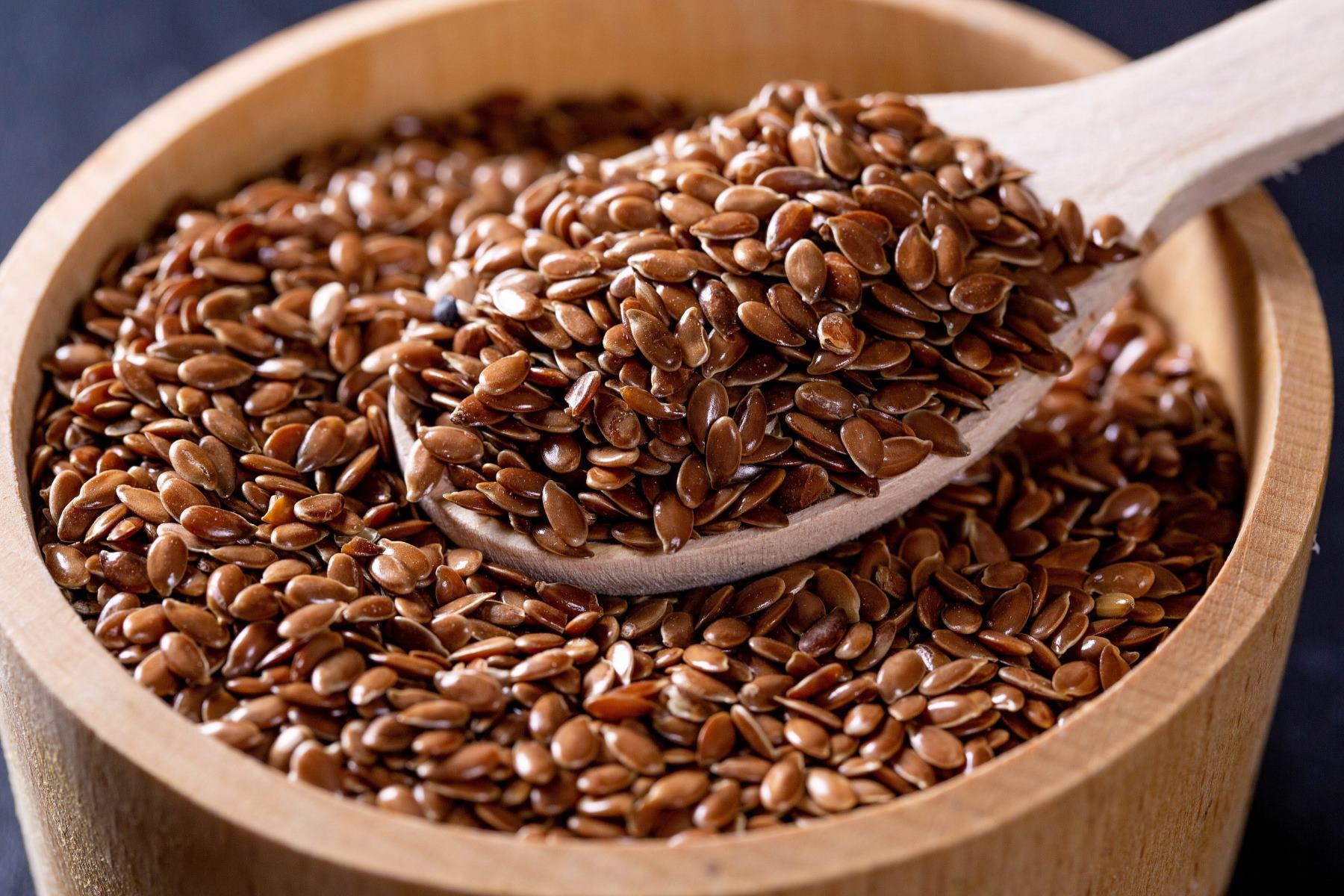
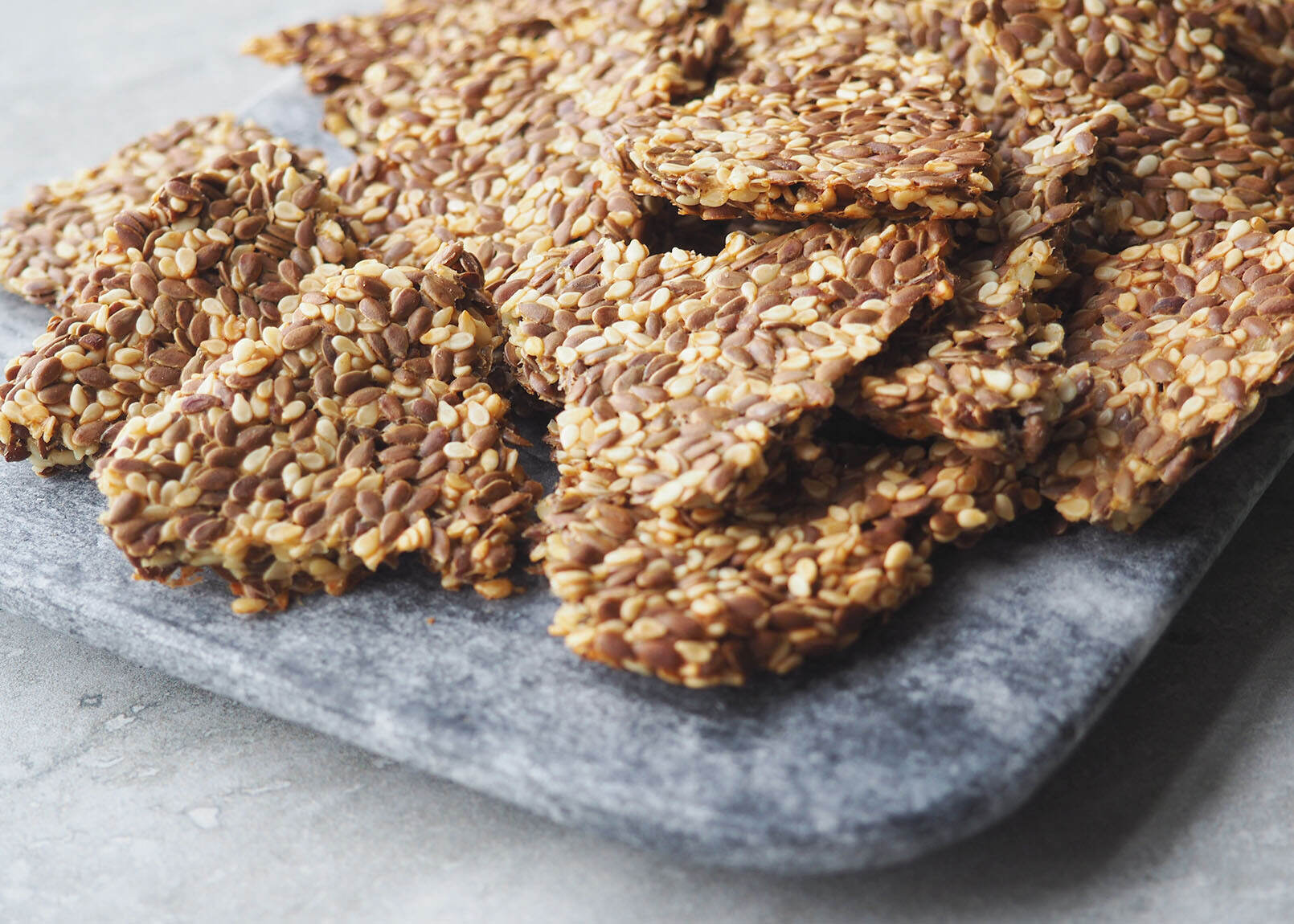
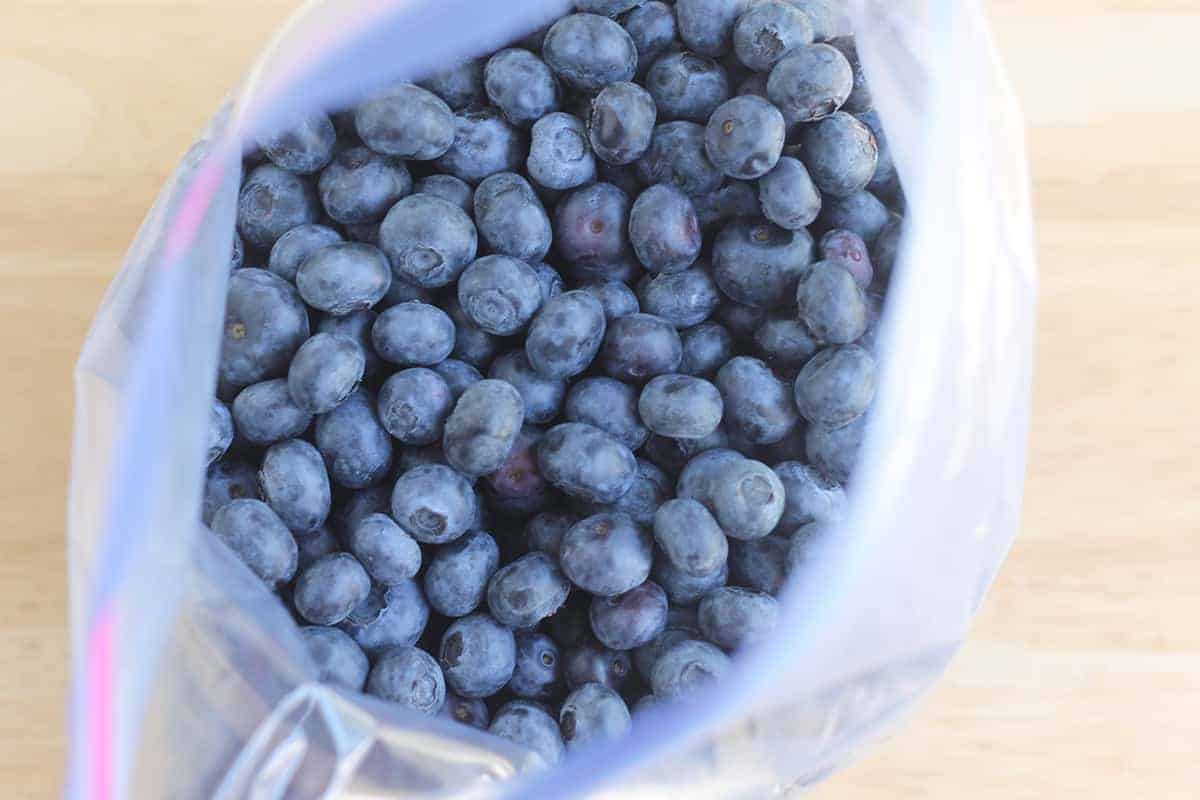
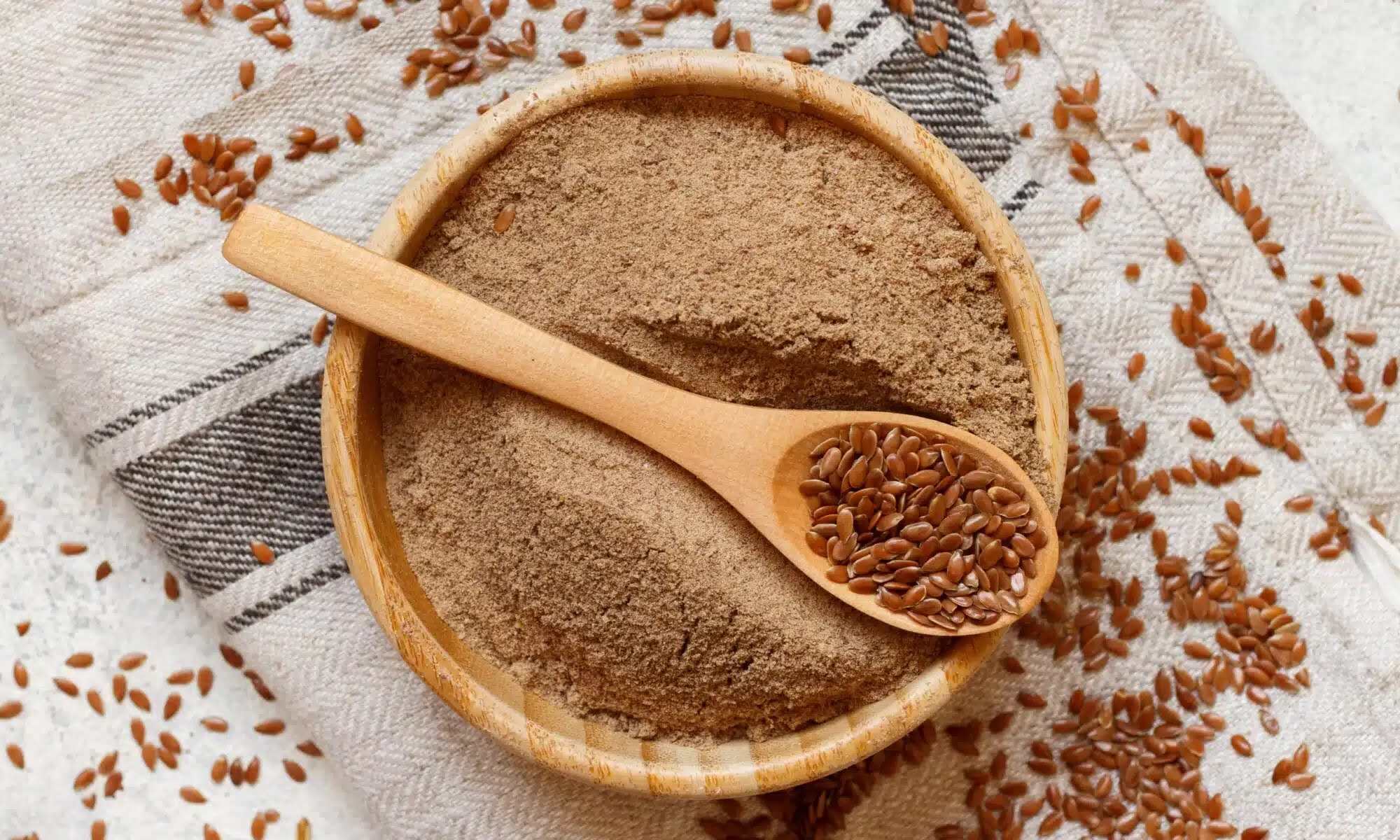
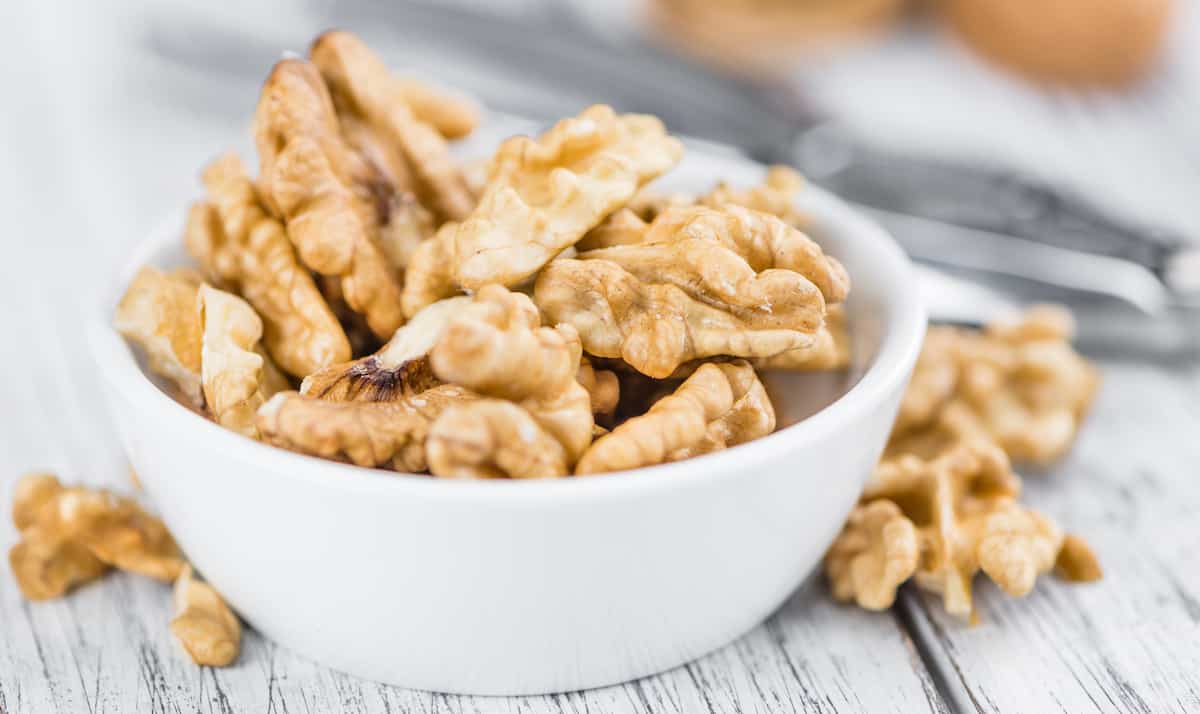





0 thoughts on “How Long Can You Keep Flax Seeds”